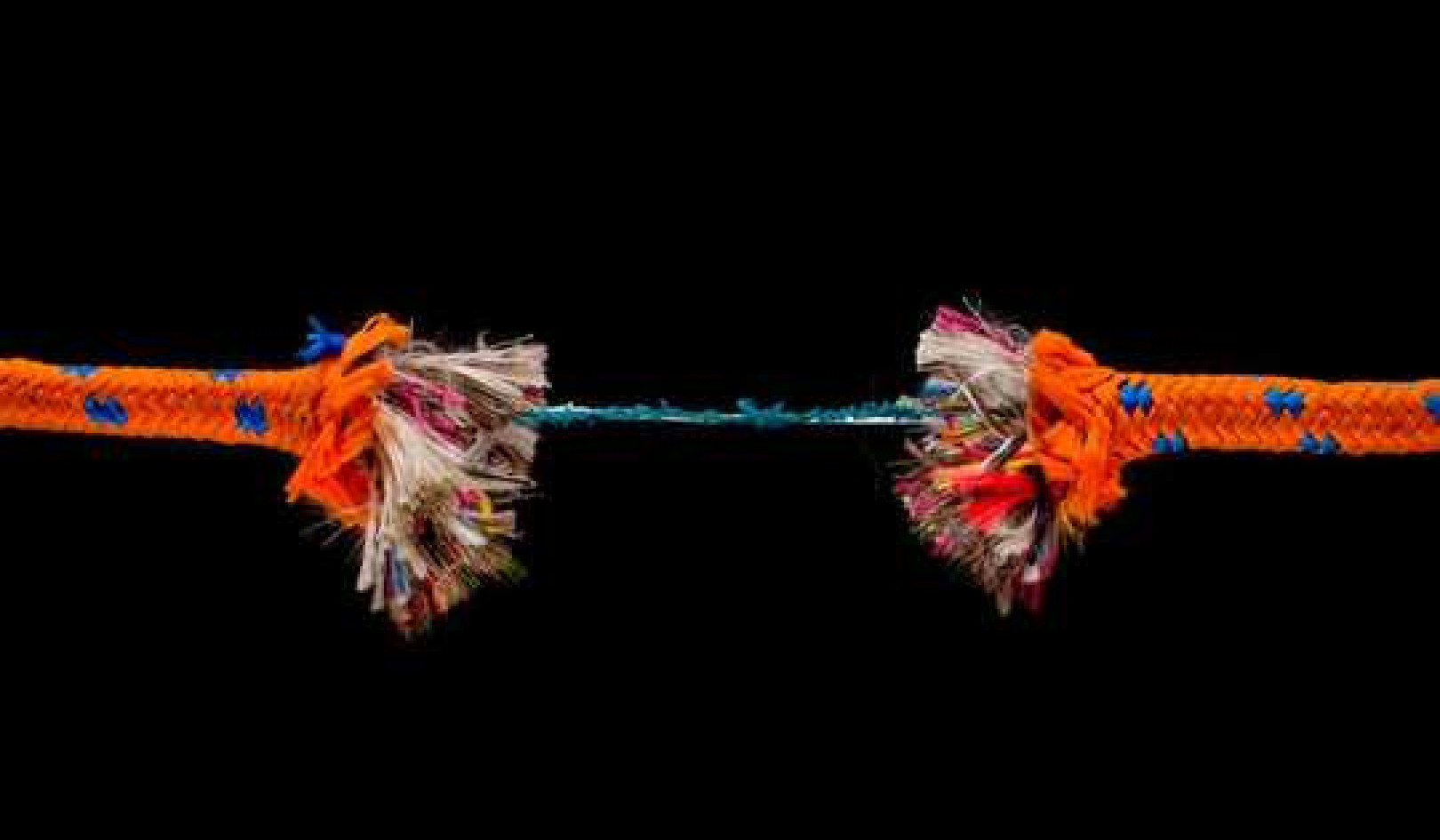
(Credit: LIANE/Unsplash)
Meditation may offer a way to make you less prone to mistakes, researchers report.
The researchers tested how open monitoring meditation—meditation that focuses awareness on feelings, thoughts, or sensations as they unfold in one’s mind and body—altered brain activity in a way that suggests increased error recognition.
“People’s interest in meditation and mindfulness is outpacing what science can prove in terms of effects and benefits,” says Jeff Lin, a psychology doctoral candidate at Michigan State University and coauthor of the paper in Brain Sciences.
“But it’s amazing to me that we were able to see how one session of a guided meditation can produce changes to brain activity in non-meditators.”
Measuring the effects
The findings suggest that different forms of meditation can have different neurocognitive effects. There is little research about how open monitoring meditation impacts error recognition, Lin says.
“Some forms of meditation have you focus on a single object, commonly your breath, but open monitoring meditation is a bit different,” Lin says. “It has you tune inward and pay attention to everything going on in your mind and body. The goal is to sit quietly and pay close attention to where the mind travels without getting too caught up in the scenery.”
For the study, researchers recruited more than 200 participants to test how open monitoring meditation affected how people detect and respond to errors.
The participants, who had never meditated before, participated in a 20-minute open monitoring meditation exercise while the researchers measured brain activity through electroencephalography (EEG). Then, they completed a computerized distraction test.
“The EEG can measure brain activity at the millisecond level, so we got precise measures of neural activity right after mistakes compared to correct responses,” Lin says. “A certain neural signal occurs about half a second after an error called the error positivity, which is linked to conscious error recognition. We found that the strength of this signal is increased in the meditators relative to controls.”
Meditation boosts mistake detection
While the meditators didn’t have immediate improvements to actual task performance, the researchers’ findings offer a promising window into the potential of sustained meditation.
“These findings are a strong demonstration of what just 20 minutes of meditation can do to enhance the brain’s ability to detect and pay attention to mistakes,” says coauthor Jason Moser. “It makes us feel more confident in what mindfulness meditation might really be capable of for performance and daily functioning right there in the moment.”
While meditation and mindfulness have gained mainstream interest in recent years, Lin is among a relatively small group of researchers that take a neuroscientific approach to assessing their psychological and performance effects.
Looking ahead, Lin says that the next phase of research will be to include a broader group of participants, test different forms of meditation, and determine whether changes in brain activity can translate to behavioral changes with more long-term practice.
“It’s great to see the public’s enthusiasm for mindfulness, but there’s still plenty of work from a scientific perspective to be done to understand the benefits it can have, and equally importantly, how it actually works,” Lin says. “It’s time we start looking at it through a more rigorous lens.”
About the Authors
Co
About The Author
Jason Moser and Jeff Lin, a psychology doctoral candidate at Michigan State University.
Books on Improving Performance from Amazon's Best Sellers list
"Peak: Secrets from the New Science of Expertise"
by Anders Ericsson and Robert Pool
In this book, the authors draw on their research in the field of expertise to provide insights into how anyone can improve their performance in any area of life. The book offers practical strategies for developing skills and achieving mastery, with a focus on deliberate practice and feedback.
Click for more info or to order
"Atomic Habits: An Easy & Proven Way to Build Good Habits & Break Bad Ones"
by James Clear
This book offers practical strategies for building good habits and breaking bad ones, with a focus on small changes that can lead to big results. The book draws on scientific research and real-world examples to provide actionable advice for anyone looking to improve their habits and achieve success.
Click for more info or to order
"Mindset: The New Psychology of Success"
by Carol S. Dweck
In this book, Carol Dweck explores the concept of mindset and how it can impact our performance and success in life. The book offers insights into the difference between a fixed mindset and a growth mindset, and provides practical strategies for developing a growth mindset and achieving greater success.
Click for more info or to order
"The Power of Habit: Why We Do What We Do in Life and Business"
by Charles Duhigg
In this book, Charles Duhigg explores the science behind habit formation and how it can be used to improve our performance in all areas of life. The book offers practical strategies for developing good habits, breaking bad ones, and creating lasting change.
Click for more info or to order
"Smarter Faster Better: The Secrets of Being Productive in Life and Business"
by Charles Duhigg
In this book, Charles Duhigg explores the science of productivity and how it can be used to improve our performance in all areas of life. The book draws on real-world examples and research to provide practical advice for achieving greater productivity and success.



























